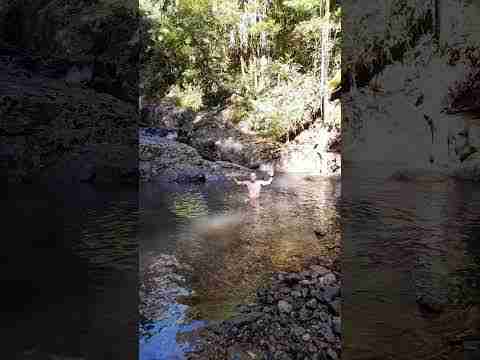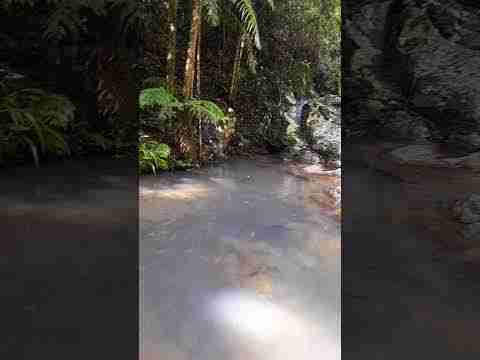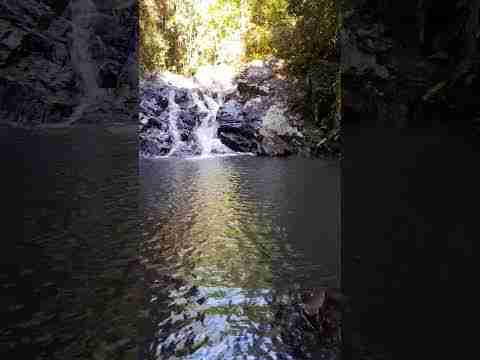[please login to make this ad block disappear]
Kiwi Sea Kayaker Rescued After Tasman Sea Crossing Attempt
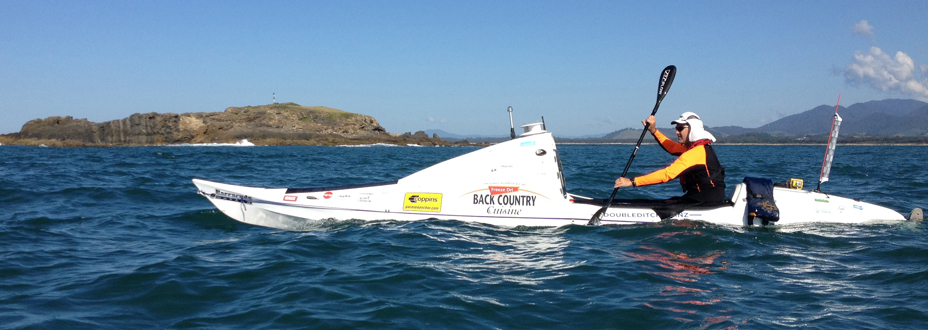 After three years of planning, on July 12 Kiwi sea kayaker Scott Donaldson, 44, had to be rescued by helicopter after spending 84 days at sea attempting to solo paddle from Australia to New Zealand across the Tasman Sea. Battered around by 60 mph winds just 36 miles off the Taranaki coastline of New Zealand, he was winched into a helicopter after requesting rescue via the Maritime Rescue Coordination Center.
After three years of planning, on July 12 Kiwi sea kayaker Scott Donaldson, 44, had to be rescued by helicopter after spending 84 days at sea attempting to solo paddle from Australia to New Zealand across the Tasman Sea. Battered around by 60 mph winds just 36 miles off the Taranaki coastline of New Zealand, he was winched into a helicopter after requesting rescue via the Maritime Rescue Coordination Center.|
Making the trip to raise awareness for Asthma New Zealand and the importance of increasing aerobic activity, it was his second attempt at the crossing. Last year, he attempted the same trip, abandoning his effort after his kayak filled with water just two days in.
Things were iffy this trip as well, but he persevered. After leaving Coffs Harbour in New South Wales on April 19, he spent a week on Lord Howe Island for repairs and spent another week kayaking in a big circle due to high winds. He later lost his rudder, forcing him to paddle without. Some 300 nautical miles west of New Plymouth, on June 20 a Taupo-based helicopter parachuted three small container loads of water and freeze-dried food; with one of them exploding upon impact, a second water drop was made six days later. He told local press that after being thrown around in his cabin by the wind and waves on his second to last night, he was "gutted at having to be rescued" but that it was the right call to make. After walking three miles to a waiting ambulance and being checked over by doctors, he spoke to media at the hospital, emotional after not finishing his journey but glad to be safe and sound. In 2007, Australian adventurer Andrew McAuley tried to kayak solo across the Tasman Sea. His flooded kayak was found about 35 miles short of Milford Sound, his target end-point, a month after he set out and his body was never found. "I was gutted not to finish, but safety decisions are devoid of feeling and simply a planned process," he says. "Not hitting the finish line irks me deeply and will for a long time. I didn't want to go home. I was only 35 miles short, which is what really gets me. But it wasn't hard to make the call. Donaldson, who has no plans to attempt the crossing again but feels that some day it will be done, adds that the decision was mainly one of planned protocol. "I was running on too many C plans," he says. "Including: 1) The potential of no communications overnight; 2) The potential of no power or light overnight, as changing the battery was unsafe due to the conditions I had endured for the previous six days; 3) I had several items running on C plans instead of A plans, so there was the potential to break even more gear, such as the inside seatbelt; 4) The incoming weather was such that it could amplify any problems; and 5), the option for safe recovery was readily available." For more info, Click Here! |
Login to post here




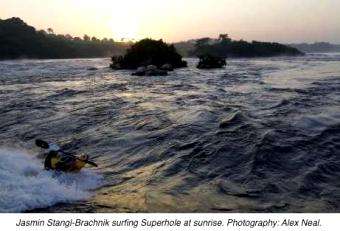









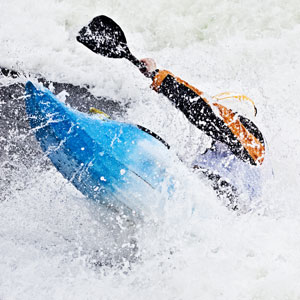 Get for free:
Get for free:


